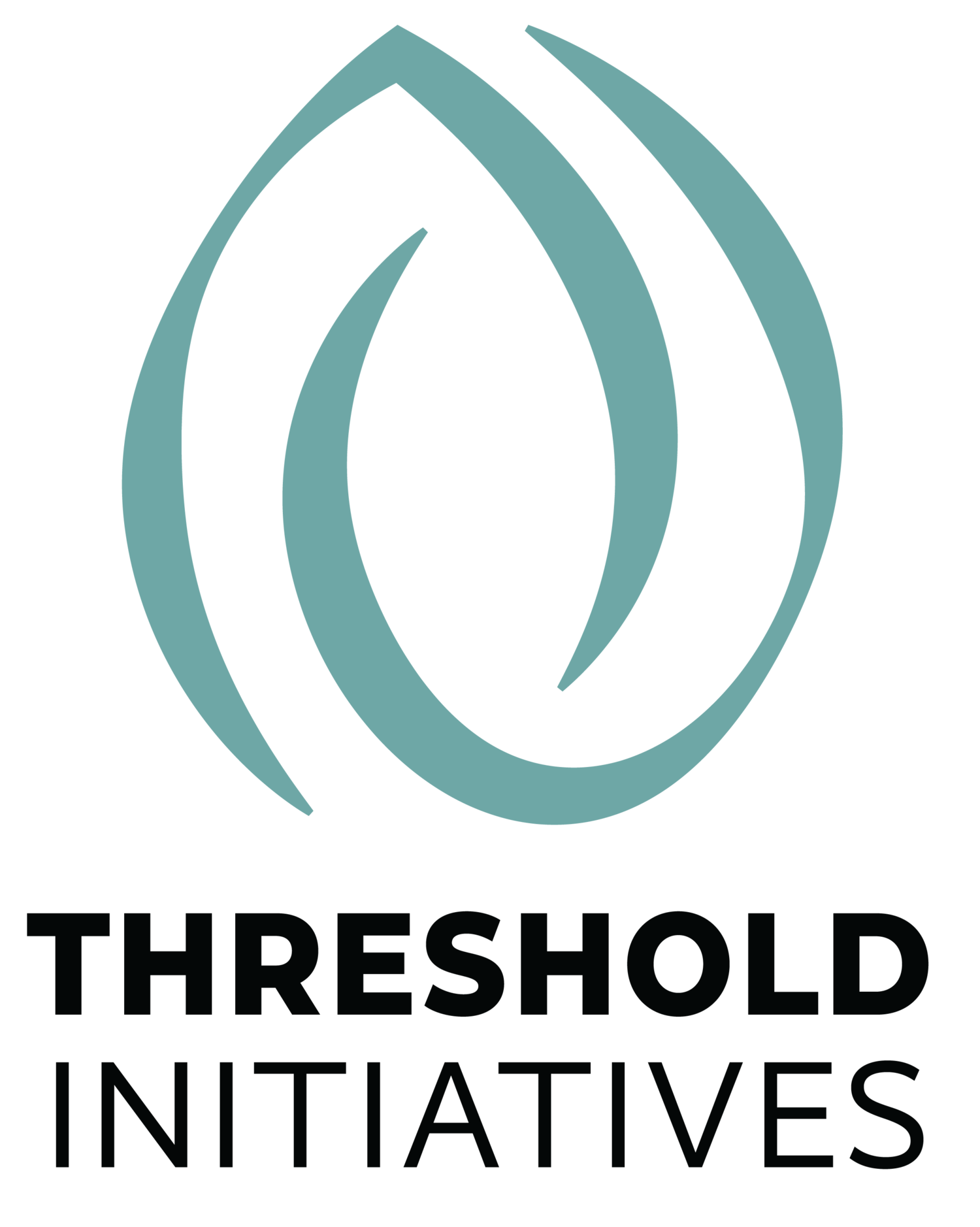Merchants of time
This is Part 4 of a five-part series of spiritual renewal posts based on the book of James.
Reading: James 4:13–17
Time is a reality that we all have in equal measure every day. It is something we can never get more of, but it is certainly something that we can give away. We like to use economic metaphors regarding time, such as: spending, managing, exploiting , investing, and consuming. However, time is not actually a commodity that can be purchased, sold, or manufactured. Try thinking of a metaphor for how time passes without it being economic… that’s challenging! How we use and speak of time reveals what we value. These days, I’ve been spending a lot of time and money on furthering my education. My daily and monthly calendars are shaped by when I have classes to attend and assignments that are due. I also have a never-ending and growing stack of books to read. One of the greatest challenges in this season of learning has been for my calendar and my bank account to reflect my values: who I value, what I value, and how I value them.
WHO I VALUE
There is a strong temptation towards busyness among people in western society. In some ways, the general public may wistfully miss the simplified schedules that the pandemic forced upon us three years ago. What does your calendar look like now? Mine is often completely full of individual activities that my family is each involved in, which often have us going in multiple directions at once. One of the challenges of valuing plans that occupy our thoughts of the future is that we may not be present in the present moment with the people that we are present with. Are we so busy planning the course of our lives that we are unable to see who is right in front of us? Are we so focused on our plans that we limit our ability to engage in merciful ways with the people God is directing our steps to intersect with?
WHAT I VALUE
The temptation in planning ahead is to constantly be thinking of: what’s coming next, what needs to be accomplished in the day, what is everyone else is doing that I am not, and how long it is until the next vacation. This can lead us to believe that we are somehow in control of time! Not only that but are you able to add to the amount of time you have by worrying or strategizing (Matt 6:27)? We cannot gain more time, which means that we need to be wise in what we spend our time doing. There are definitely ways to make the most of the time that you do have, but if your planning for the future is not oriented on seeking first the Kingdom of God in your present, how you value your time will amount to little.
HOW I VALUE
North American thinking is often focused on efficiency and production: how much I can get done in the least amount of time. However, if our use of time is to align with Kingdom values, it needs to be focused on pursuing his purposes and plans (Psa 33:11), and in orienting our understanding of time to how God understands time. 1 Peter 3:8–9 gives us a picture of how time is a secondary matter to God’s desire for people to come to repentance and salvation. Do we value time and our plans more than we value those who need to yet experience God’s abounding love and slowness to anger?
Take a moment to reflect on these questions: In what area(s) do I need to submit my future plans to God, and realign who, what, and how I value time to his understanding of time? Does my understanding of doing good with my time align with God’s vision of doing good?

